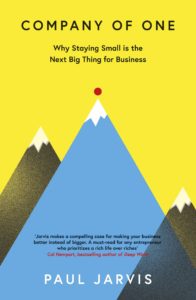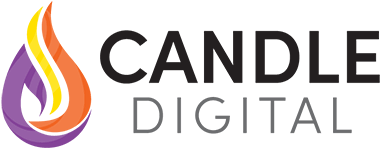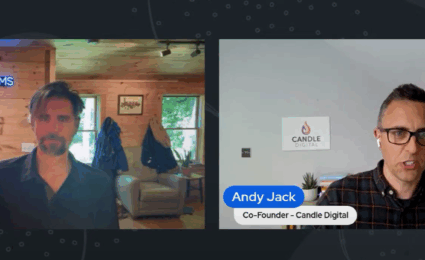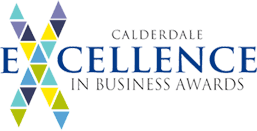Why training providers should focus on being ‘better’ and not ‘bigger’

Here at Candle Digital, we’re not afraid to admit we love a good book. I’m the sort of guy that has about six books on the go at any one time, most of them half-read and unlikely to ever be finished. Jeff Bezos: you’re welcome.
Recently I’ve stumbled across a book that I can’t stop talking about, and naturally that’s a sign that it’s worth sharing on this blog. Since we started Candle Digital just under three years ago, we’ve been lucky to have worked with (and continue to work with) some amazing clients. We’ve also created online learning courses, experiences and platforms which we’re hugely proud of.
However, there have been times when we’ve struggled with the direction of the business. Are we trying to build an ’empire’, or are we trying to create something else?

Introducing Company of One by Paul Jarvis.
The basic premise of Company of One is that in terms of business, ‘better’ trumps ‘bigger’. The typical mantra within the business world is that growth (meaning more people, more infrastructure, more turnover, more profit) is the key indicator of success. As Jarvis puts it, the common business sense is that “anyone who stays small, in this line of thinking, hasn’t done well enough to add ‘more’ to the mix”.
Jarvis puts forward a persuasive argument that throwing more at any business problems may be the “easiest answer, but not the smartest”. He believes that a Company of One is a business that questions growth, “then resists it if there’s a better, smarter way forward”.
This sits well with us, as we’ve always tried to work smart. We’re big believers in economy of effort, and making sure whatever solutions we put in place for ourselves are going to stand the test of time. We can’t think of anything worse than having to revisit problems again and again!
Company of One also has an interesting notion that we’re toying with, and that’s having an upper bound to growth. By this, he means actually limiting how much you want to grow. This could seem rather perverse upon first view, particularly given common business thinking, but Jarvis argues that there is a “magic zone for sustainability”, and once you go beyond this you may need to hire faster, add more infrastructure which in turn brings complexity and can hinder speed.
So how do you become a Company of One?
Jarvis states that Companies of One share common traits, these being resilience, autonomy, speed and simplicity.
The first, resilience, is linked to “being motivated by a sense of meaning rather than just by money”. In our eyes, being profitable earns us the right to work with great clients and do good work. It’s incredibly important, but it’s not the only factor. Resilience is also linked to the ability to adapt, because if there’s anything surer in this world it’s that things will change (that, and taxes).
Speed is not just about working faster – as Jarvis puts it; “it’s about figuring out the best way to accomplish a task with new and efficient methods”. In our experiences some businesses move fast, but it can often be a false speed, as rather quickly they’ll be revisiting old problems or be hindered by decisions they’ve made. Technical debt is where decisions are made around systems that hinder future developments – in a sense the system acquires ‘interest’ (like a monetary loan), and in turn needs servicing.
I think Company of One has given us some fresh perspectives on what it means to be “successful”, and perhaps this is different to what we initially envisaged. If you’re a training provider battling with this we can heartily recommend this as a book worth reading.
In the meantime, here are some things to ponder over:
- It’s an obvious point to make, but Jarvis stresses the fact that it’s essential “to be a master of your core skill set”. I don’t think this point can be underplayed – you have to be good at what you do to generate value for your clients. We always ask ourselves “What do we need to do to be better?” and always do a retrospective on any work we do to see how we can improve for the next time.
- Jarvis argues that being a company of one “requires proficiency at sales, marketing, project management and client retention”. Often small training providers can find it tough to do these to the standard they want, let alone be good at them, but investing in these skills is absolutely key.
- Where do you spend your focus – on existing customers or potential customers? Your existing customers are “listening, buying and engaging”, and as such should be where you focus the most energy. By paying attention to them you can foster the relationship and help them in ways you may at present not be aware of.
Fresh Insights Direct to Your Inbox
Enjoyed this article?
Join the Candle Digital Mailing List
You’ve Mastered Your Craft. Now Scale It.









